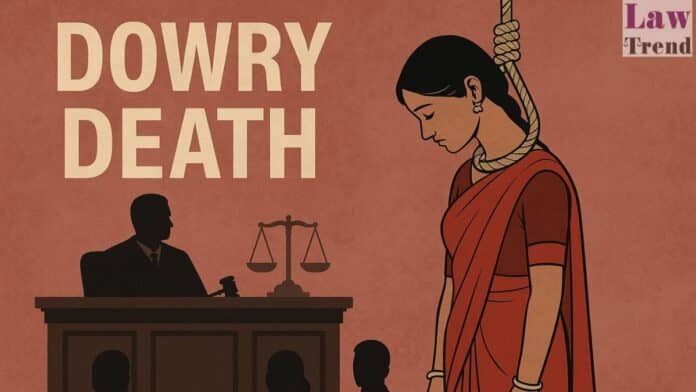The Delhi High Court has held that the offence of dowry death under Section 304B of the Indian Penal Code cannot be ruled out merely because the deceased woman died by suicide at her parental home. Justice Girish Kathpalia made this observation while dismissing the regular bail application filed by the accused Vinay in BAIL
To Read More Please Subscribe to VIP Membership for Unlimited Access to All the Articles, Download Available Copies of Judgments/Order, Acess to Central/State Bare Acts, Advertisement Free Content, Access to More than 4000 Legal Drafts( Readymade Editable Formats of Suits, Petitions, Writs, Legal Notices, Divorce Petitions, 138 Notices, Bail Applications etc.) in Hindi and English.




